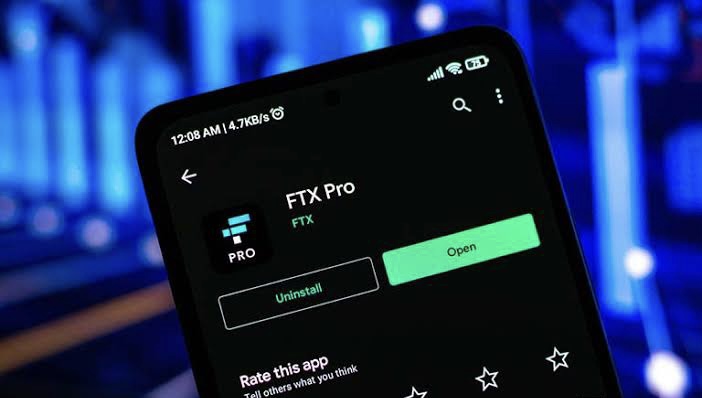Sam Bankman-Fried, the former CEO of FTX, acknowledged using Alameda’s banking services for FTX user deposits in an interview with Vox.

Every other day, new details about the FTX contagion tragedy come to light, and the most recent one confirms that the collapsed cryptocurrency exchange and its sibling company Alameda Research have been in cahoots from the start.
Banks have been reluctant to partner with cryptocurrency exchanges due to a lack of regulatory oversight, so FTX, like many other crypto exchanges, found it challenging to obtain a banking partner to handle fiat transactions. This issue was solved by FTX by processing transactions for the cryptocurrency exchange through the banking accounts of its sister company.

Sam Bankman-Fried, the former CEO of FTX, acknowledged using Alameda’s bank accounts to wire consumer deposits in an interview with Vox. Alameda, which had a financial alliance with fintech bank Silvergate Capital, reportedly urged some customers to channel their deposits through them.
The main cause of the failure was the conflict between Alameda and FTX over the customer’s fund. FTX never bet users’ money, according to Bankman-Fried, but it did lend it to Alameda. The previous CEO asserted that Alameda had sufficient collateral to support the loans, although as information has revealed, much of it was in the native FTX Token.
The former CEO of the defunct cryptocurrency exchange has made a variety of charges involving the misappropriation of consumers’ monies. Bankman-Fried initially asserted that the exchange and Alameda were separate legal organizations before ensuring that customer cash were secure in a later tweet, which he eventually deleted.

The claims regarding the abuse of banking loopholes first surfaced last week when bankruptcy proceedings revealed that FTX, through its sister company Alameda, owned a stake in a small rural bank from Washington state. Many said at the time that the investment in the rural bank was made in order to gain a banking license without complying with the regulations.
The agreement between the bank and Alameda will determine the extent of the violation in using FTX customers’ deposits to fund Alameda’s bank accounts. In a statement to Bloomberg, Silvergate said that the bank doesn’t share information on customers or their activities as a matter of formal policy.